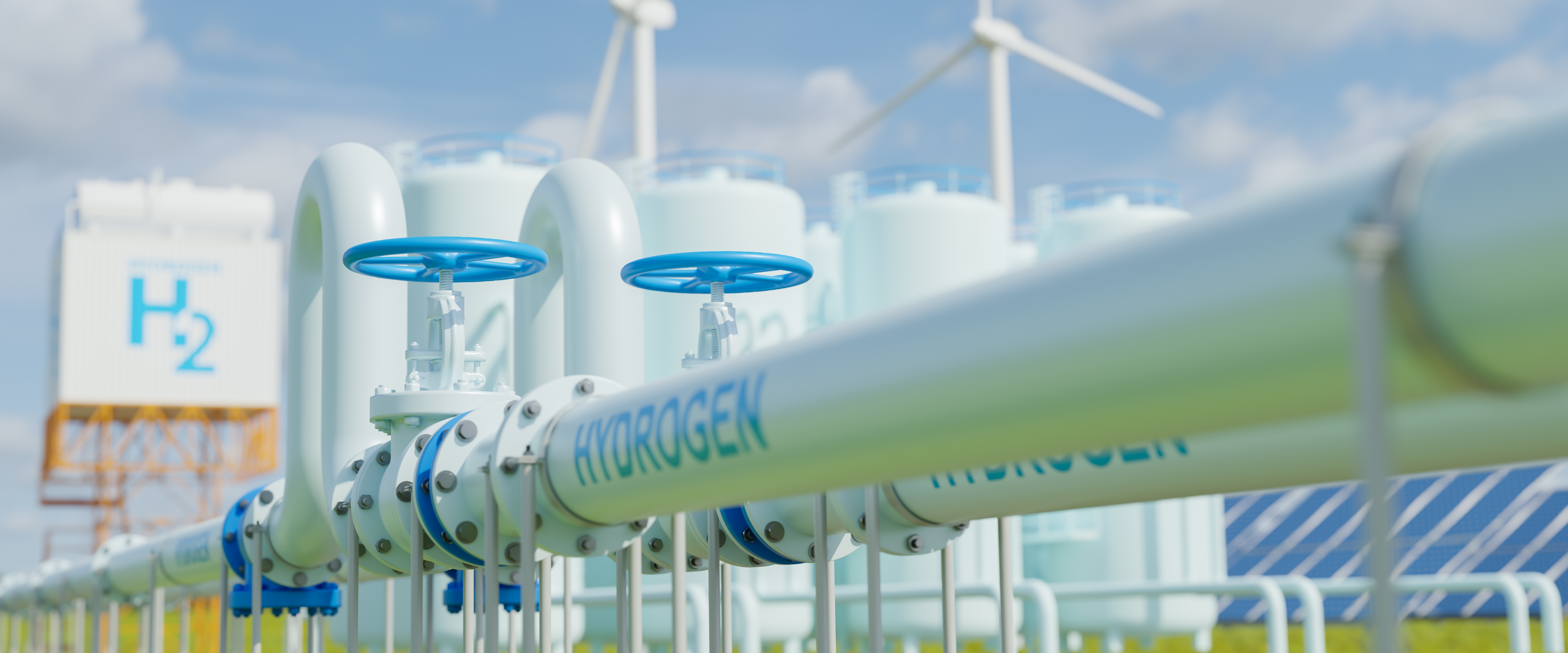Advancing Energy Transition through E-Fuels and Nuclear Power Initiatives
Key Ideas
- GE Vernova, in collaboration with the U.S. Department of Energy, is conducting a feasibility study on using direct air capture and solid-oxide co-electrolysis for synthetic methanol production, aiming for lower-carbon intensity fuels competitive with traditional sources.
- Another initiative with the Idaho National Lab focuses on nuclear-powered synthetic jet fuel and diesel production using similar co-electrolysis methods, estimating cost-effective synthetic fuels at less than $4 per gallon.
- The projects highlight a pathway to cleaner and more affordable jet fuel production, with plans to scale up from a 50 kW to a 2-5 MW system, showcasing the potential impact of e-fuels in the energy transition.
- GE Vernova's expertise in various energy sectors, partnership with Hitachi, and specialized interest in energy transition make them a key player in advancing clean energy solutions, offering not only technology but also consulting and research services.
GE Vernova, in partnership with the U.S. Department of Energy (DOE), is actively involved in projects aimed at advancing the energy transition through the development of e-fuels using innovative technologies. By conducting a feasibility study on the utilization of direct air capture and solid-oxide co-electrolysis (SOCC) for synthetic methanol production, the team at GE Vernova's Advanced Research Center aims to create hydrocarbon fuels with lower-carbon intensity that can compete with traditional fossil fuels.
Additionally, collaborations with the Idaho National Lab focus on nuclear energy for the cost-effective production of synthetic jet fuel and diesel. By utilizing solid-oxide co-electrolysis and nuclear power, a syngas is created and then converted to synthetic fuels, estimating a cost of less than $4 per gallon, demonstrating the affordability of e-fuels. Plans include scaling up the system to showcase the potential impact on cleaner and more affordable jet fuel production.
GE Vernova's extensive expertise, spanning over 130 years in the power industry, allows them to play a significant role in the energy transition. Their collaboration with Hitachi enables the implementation of nuclear technology for cleaner energy production. Apart from providing physical technology, GE Vernova offers consulting services and advanced research to address challenges in renewables, decarbonization, and technology integration.
The article emphasizes the importance of long-term energy planning to reduce fossil fuel consumption and transition to cleaner fuels like e-fuels. While electric vehicles are an option, the article suggests that e-fuels have the potential to positively impact carbon emissions without major changes to existing transportation methods. However, challenges such as infrastructure development, financial means, and public funding need to be addressed to accelerate these initiatives.
In conclusion, GE Vernova's efforts in advancing the energy transition through e-fuels and nuclear power initiatives showcase a pathway towards cleaner and more affordable fuel production. With a focus on sustainability and innovation, GE Vernova is positioned to drive the energy transition forward.
